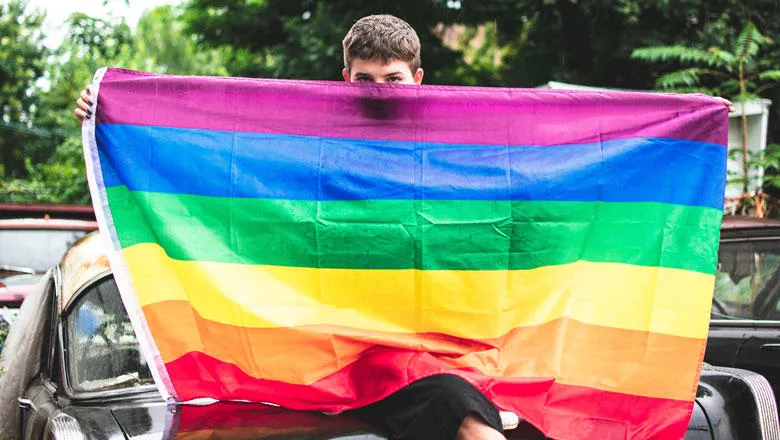Whilst people have long assumed that gay voters tend to vote for the left, there's very little data to back this up.
Stuart Turnbull-Dugarte, Department of Political Economy
04 November 2019
The European 'pink vote' exists and it's going to the left
New research analyses the electoral behaviour of lesbian and gay voters across Western Europe.

Voters’ sexuality plays a large role in influencing the parties that individuals vote for, research carried out by Kings College London (King’s) across Western Europe shows.
Analysing the electoral behaviour of lesbian and gay voters across Western Europe, King’s Department of Political Economy has established, much in line with popular assumptions, that gay and lesbian voters are far more likely to vote for parties on the left.
In what is believed to be the first large cross-national study, the results show that lesbian and gay individuals are around 7 percentage points more likely to support left-of-centre parties in comparison to their straight peers.
Stuart Turnbull-Dugarte of King’s Department of Political Economy said:
"Whilst people have long assumed that gay voters tend to vote for the left, we actually have had very little data to back this up.
"One of the main problems is that the big national election studies that take place in most of the countries in Europe such as the British Election Study don’t ask voters about their sexual orientation, so we are starved of information on gay voters.
"Hopefully, the results of this study will encourage academic survey designers to stop ignoring the role of sexuality when they want to test political behaviour in the future."
The substantial 'sexuality gap' between voters across a number of countries remains consistent over time.
The study involves the analysis of representative survey data collected by the European Social Survey (ESS) and includes more than 100,000 individuals who participated in around 60 elections across countries in Western Europe.
Download the full report here.
